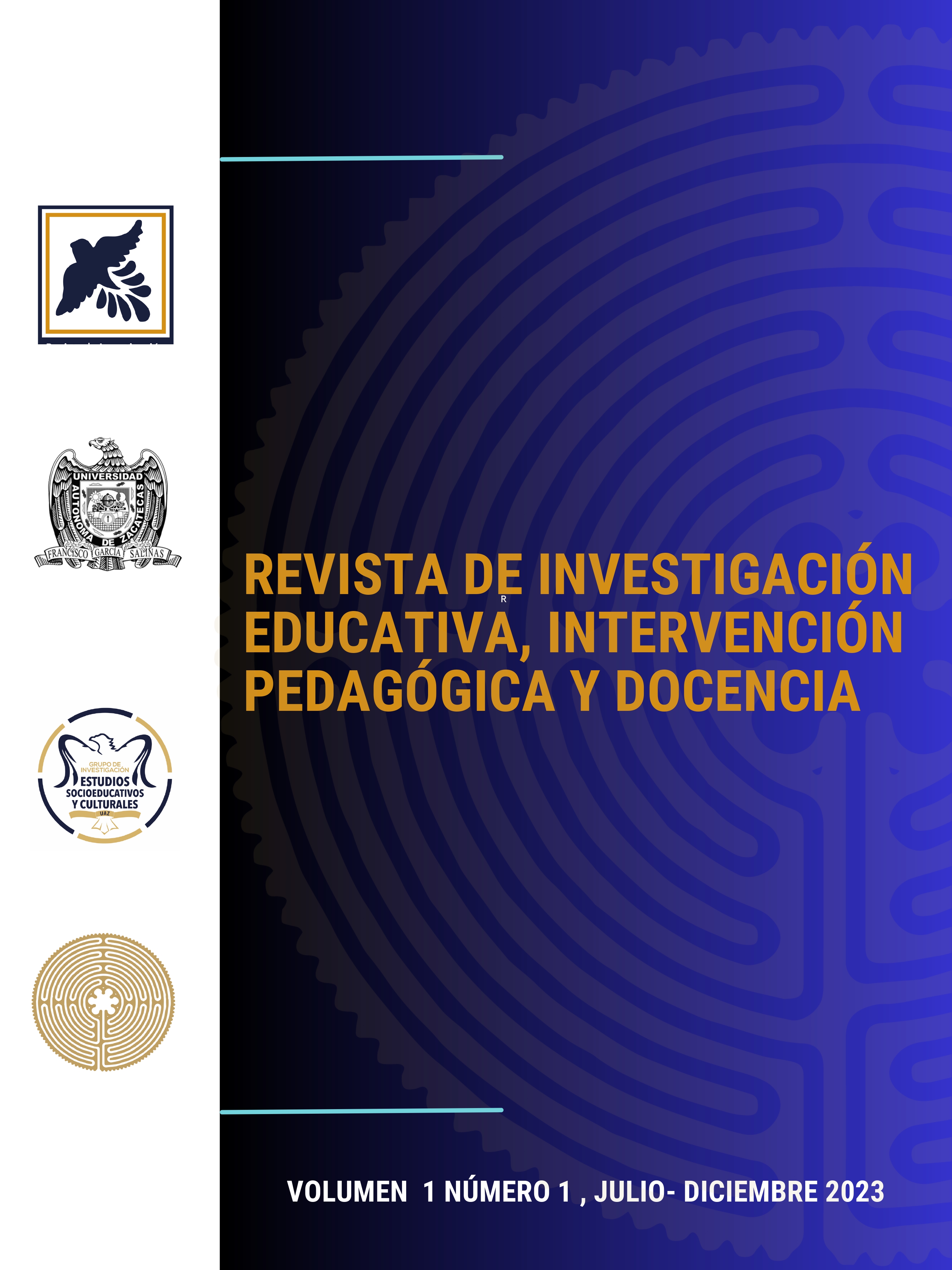Conceptual review of school self-efficacy and its usefulness in the language class of higher education students
Published 2023-06-30
Keywords
- autoeficacia,
- educación superior,
- idiomas
Copyright (c) 2023 Revista de Investigación Educativa, Intervención Pedagógica y Docencia

This work is licensed under a Creative Commons Attribution-NonCommercial-ShareAlike 4.0 International License.
How to Cite
Abstract
The article is a theoretical review of the e concept of self-efficacy. This concept, developed by Albert Bandura from the social perspective of learning, is defined as the belief in one's own abilities and capabilities to produce positive results on a specific task. This concept converges in some characteristics with others such as self-esteem, self-concept, motivation or agency. However, these terms describe different processes and address different features of the "person" factor so it is essential to identify and analyze them independently. The article discusses the similarities and differences of these terms by describing specificities of self-efficacy such as its effects, sources and impact on academic performance. The article concludes with the analysis of strategies to improve academic self-efficacy in higher education, specifically in the mastery of a foreign language. All this, based on the assumption that academic self-efficacy determines to a great extent academic success.


